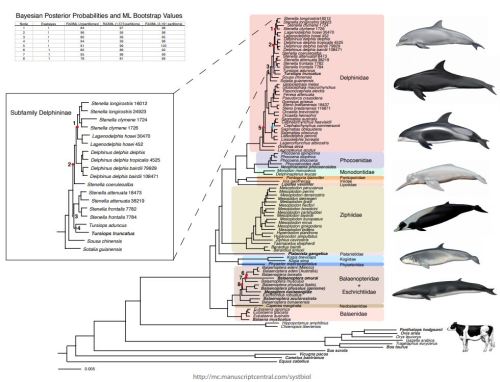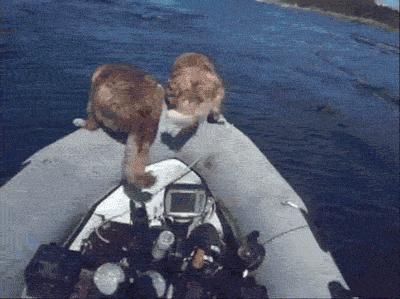
Phylogenomic Resolution of the Cetacean Tree of Life Using Target Sequence Capture
Cetaceans (whales, dolphins, and porpoises) have undergone the most dramatic morphological transformation of all mammals, having originated from a clade of terrestrial even-toed ungulates (like cattle, hippopotamuses, pigs, and more) over fifty million years ago. As a result of such an interesting and diverse evolutionary history, cetaceans have long been important and insightful subjects of numerous studies.
Until recently, the higher-level relationships between the cetacean families have taken precedence in research, leaving the systematics and lower-level relationships both under-explored and unresolved.
New research from Systematic Biologysought to rectify this gap in knowledge by combining data from >38,000 exons with existing sequences from 11 cetaceans and seven outgroup taxa, producing the first comprehensive comparative genomic dataset for cetaceans.
Enrich your knowledge further by exploring a more holistic insight of the genetic intricacies within cetacean families and discover new clarifications of the contentious relationships among particular species.








